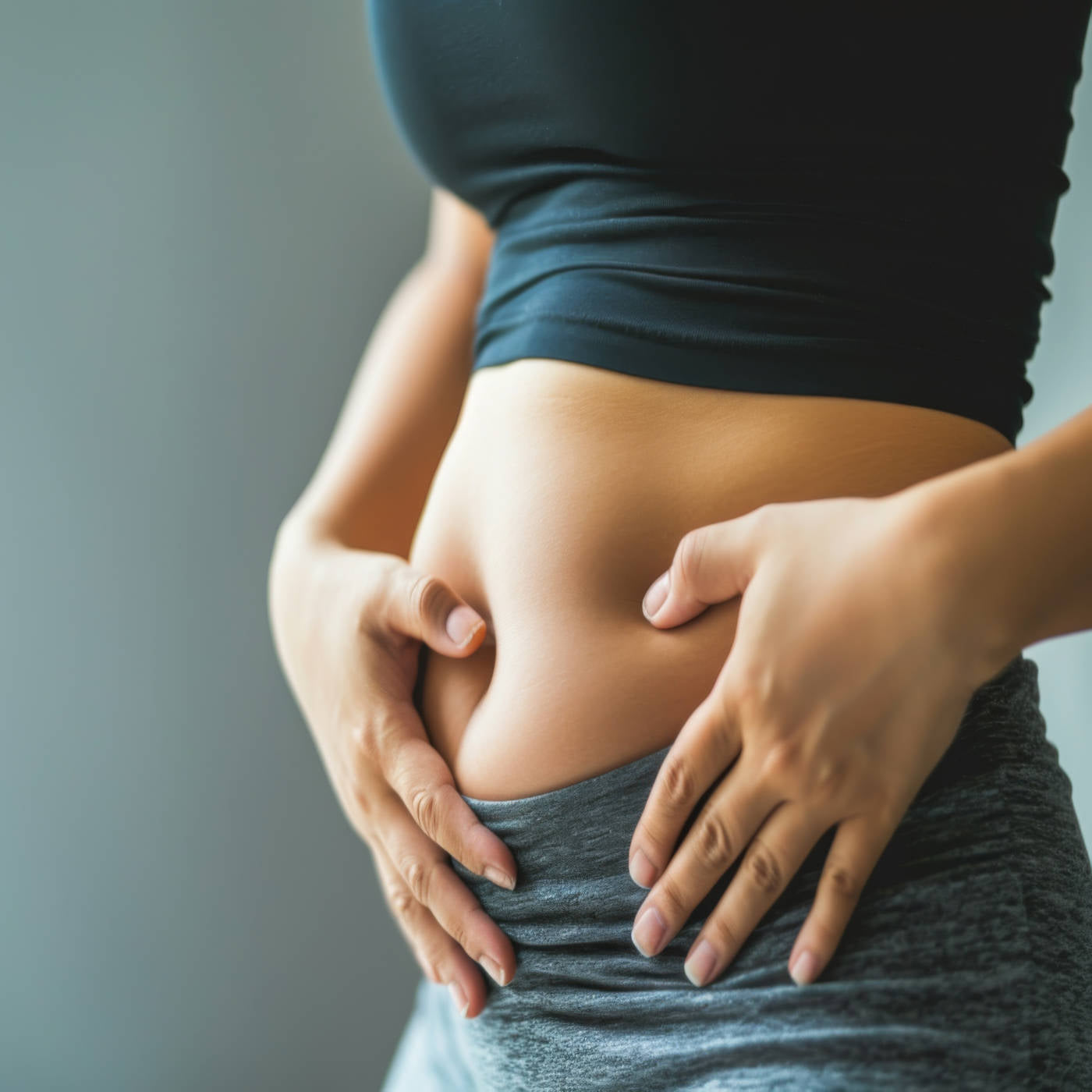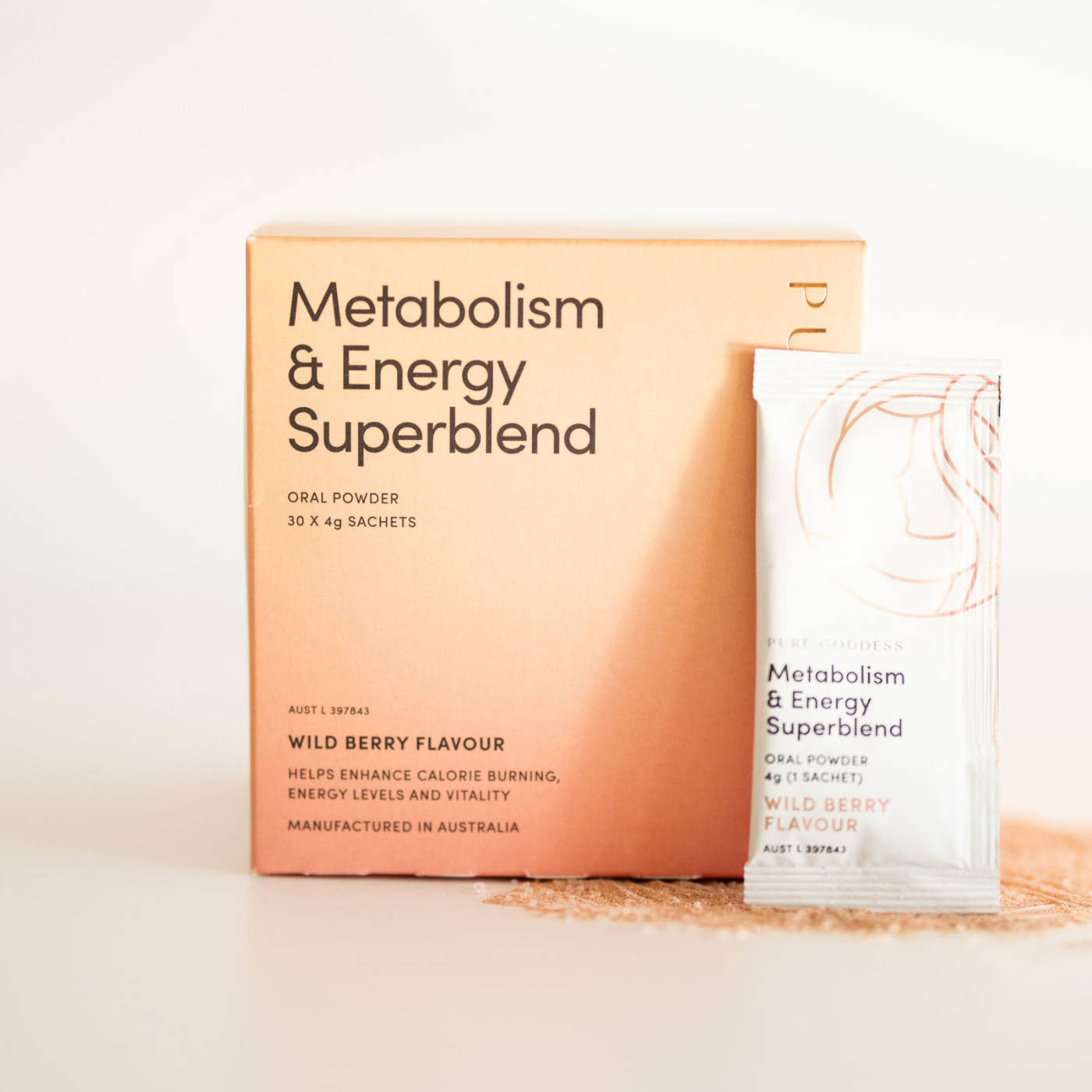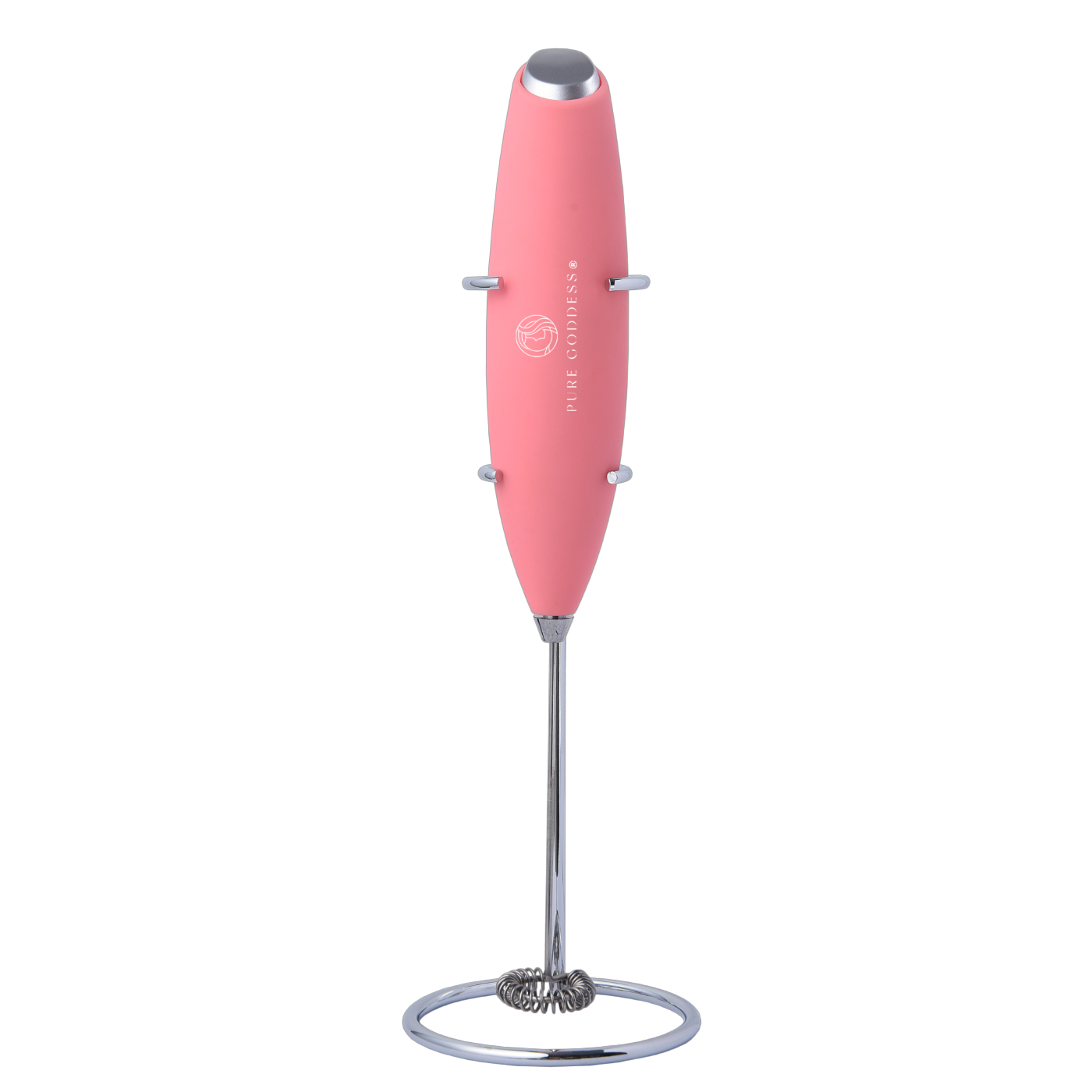
5 Ways to Lose Belly Fat?
Are you struggling to lose stubborn belly fat? Besides it being frustrating and it makes you unhappy, it can also impact your health and lead to issues such as diabetes, and heart disease. Let's take a look at how you can lose belly fat.
Many women are concerned about having an unsightly bulging belly (although you are beautiful as you are). As a result they will often try quick-fix diets or the latest fitness trend that promises fast results. Claims like "get six pack abs in less than a month" or "lose belly fat in a week" may sound appealing, However, it's important to address the elephant in the room now, you need to know that this is simply not possible!
No exercise can target specific areas for complete fat loss. Fat loss occurs gradually throughout all of your body, affecting areas such as your thighs, arms, and belly. There's no sure fire way to focus on losing fat in one particular spot. While exercises like abdominal crunches may strengthen the muscles around your belly, they won't necessarily lead to faster fat loss.
It is, however, encouraging to hear that reducing your overall body fat percentage can lead to a more defined and attractive waistline, including those coveted six pack abs you have always wanted. By focusing on decreasing overall body fat and maintaining lean muscle through a combination approach of healthy eating, regular exercise, and lifestyle adjustments, you can achieve some incredible results.
Before we get into how you can trim down, we wanted to quickly go over some of the basics so you have a solid understanding of what fat is stored by our body, and how it can affect your health.
Visceral fat
This is more commonly referred to as belly fat. It is a type of fat that gathers deep within your abdominal cavity, enveloping your vital organs such as the liver, pancreas, and intestines. It's considered one of the most toxic types of fat in the body that can lead to health issues.
Visceral fat is stored when you eat too many calories and don’t do enough physical activity. Certain individuals are more prone to storing excess visceral fat, including females who have reached menopause, individuals born with a low birth weight, those with a genetic predisposition and individuals who consume excessive alcohol.
The best way to reduce visceral fat is through losing excess weight and maintaining a healthy diet. Regular exercise is especially effective in reducing visceral fat and preventing it from coming back.

Subcutaneous fat
This is the fat you can pinch, located just beneath your skin. While some subcutaneous fat is beneficial for your body and provides protection, having too much body fat overall can result in increased health problems such as heart disease, diabetes or a stroke. The most effective approach to reducing excess subcutaneous fat is by maintaining a healthy diet and engaging in regular exercise.
Here are some tips to help you boost overall fat loss
Boosting your Metabolism
As you age, your metabolism typically slows down, making it easier to gain a few extra kilos and especially belly fat which can be more challenging to shed.
Boosting your metabolism is a key component when wanting to achieve fat loss especially of your tummy. This involves a combination of good nutrition and engaging in strength training exercise. High-intensity interval training (HIIT) is also an effective way to kick start your metabolism and facilitate the process of burning calories and shedding excess fat.
Pilates and yoga can also provide a complete body workout, regardless of the class style. It challenges your body, offering an effective way to boost metabolism, burn fat, build core strength, and enhance muscle tone overall.
As you age, adding a dietary supplement to your daily routine can give your health and metabolism a welcome boost. Our Metabolism and Energy Superblend includes all natural science backed ingredients to help boost your metabolism, increase your energy levels whilst helping you to curb cravings, reduce your appetite and support healthy blood sugar levels.
Good Fats
Known as unsaturated fats, exist in two forms: monounsaturated fat and polyunsaturated fat.
Monounsaturated fat
These are present in foods like olive oil, almonds, cashews, peanuts, peanut butter, sesame seeds, and avocado. They help elevate beneficial HDL cholesterol levels while reducing harmful LDL cholesterol levels. If you're aiming for overall fat loss, incorporating this type of fat into your diet is a really good and healthy choice.
Polyunsaturated fats
These fats help lower LDL cholesterol levels and are rich in essential omega-3 fatty acids, which support brain and heart health, among other benefits. They also provide omega-6 fatty acids, which contribute to skin and eye health. Foods rich in omega-3 include salmon, mackerel, walnuts and flaxseed.
Water intake
Drinking water has so many benefits to your overall health. Consuming more than 2-2.5 litres of water a day can aid in calorie burning. Without sufficient water intake, the body struggles to metabolise stored fat or carbohydrates.
Metabolising fat involves a process called lipolysis, starting with hydrolysis. This process begins when water interacts with triglycerides, breaking them down into glycerol and fatty acids. Adequate water consumption is crucial for burning fat from both food and stored reserves.
Drinking water contributes to the removal of bodily waste, it also has the ability to assist the kidneys to filter toxins from the body that will alleviate bloating, swelling, fatigue. Water aids in relieving digestive issues such as diarrhea and indigestion.
Drinking a decent amount of water supports proper movement of muscles, connective tissues, and joints, aiding your lungs, heart, and other organs in functioning efficiently during exercise.
Staying hydrated lowers, the likelihood of issues like those 3am muscle cramps or that intense fatigue that can hinder a workout. Ensure to hydrate before, during, and after exercise to prevent dehydration.
Switching out a few high-calorie beverages daily for water or other calorie-free options like herbal tea could lead to lasting fat loss advantages.
Protein
When aiming for fat loss, the protein aspect of your diet plays a crucial role. Diets higher in protein are effective for losing overall fat and managing body weight. This is because protein helps control appetite, regulates energy intake, boosts metabolism, and influences body fat distribution.
Protein is one of three macronutrients alongside carbohydrates and good fat that provides energy to your body. They're considered essential nutrients, meaning your body either cannot make them or cannot make enough of them so you need to increase them in your diet for maximum benefit. Good protein sources that will increase your fat burning ability are salmon, chicken, beef, tuna, pork, avocado, black beans, eggs and nut butters to name a few. Aim for at least 1.2 and 1.6 grams per kilogram of body weight daily, is a good rule of thumb.
Fibre
Adding a soluble dietary fiber to your daily food intake can aid overall fat loss in several ways. It can help you to feel satiated after meals, and curb your hunger, so you're less likely to overeat. High-fiber foods are low in calories, which is also good to aid fat loss.
Adding a soluble fiber to your diet is also essential for optimum gut health and digestion. Soluble fiber passes through your digestive system mostly unchanged, eventually reaching your friendly gut bacteria, which digest it and turn it into usable energy.
The fiber that benefits your gut bacteria is known as prebiotic fiber and is considered very beneficial for health, body weight and weight loss. Our product, Metabolism & Energy Superblend Blend, contains Konjac Root, a premium soluble plant fiber that aids in weight loss, read more about the benefits on our website.
Cut your Alcohol
Cutting down on your alcohol consumption can be so beneficial for fat loss. Unlike food and other drinks, alcohol is metabolised as a toxin by your body. This means that when you drink alcohol, your body focuses on breaking it down first before using food or fat for energy. As a result, consuming alcohol alongside high-fat carb loaded foods can lead to more fat storage. By reducing your alcohol intake or cutting it out completely, you can help prevent this and boost your fat burning capacity.

So now you know the truth about losing belly fat.
Spot reduction, specifically targeting fat loss in one area, is not feasible. Instead, by focusing on a combination approach of healthy eating, regular exercise, and lifestyle changes, you're more likely to achieve sustainable fat loss results that benefit your entire body, including the reduction of belly fat.






Leave a comment
This site is protected by reCAPTCHA and the Google Privacy Policy and Terms of Service apply.